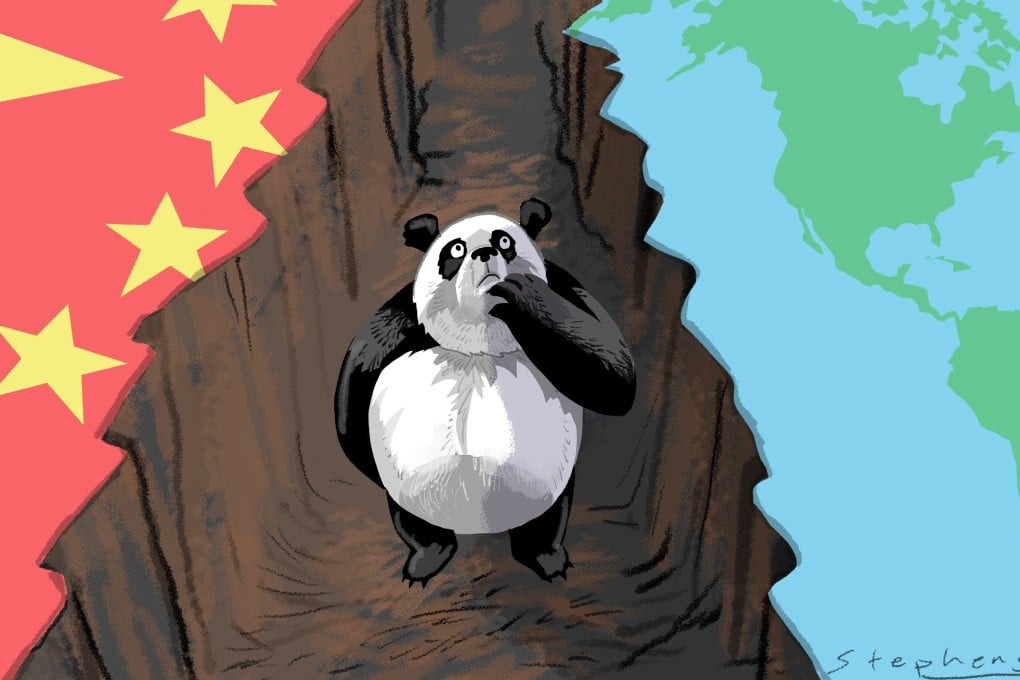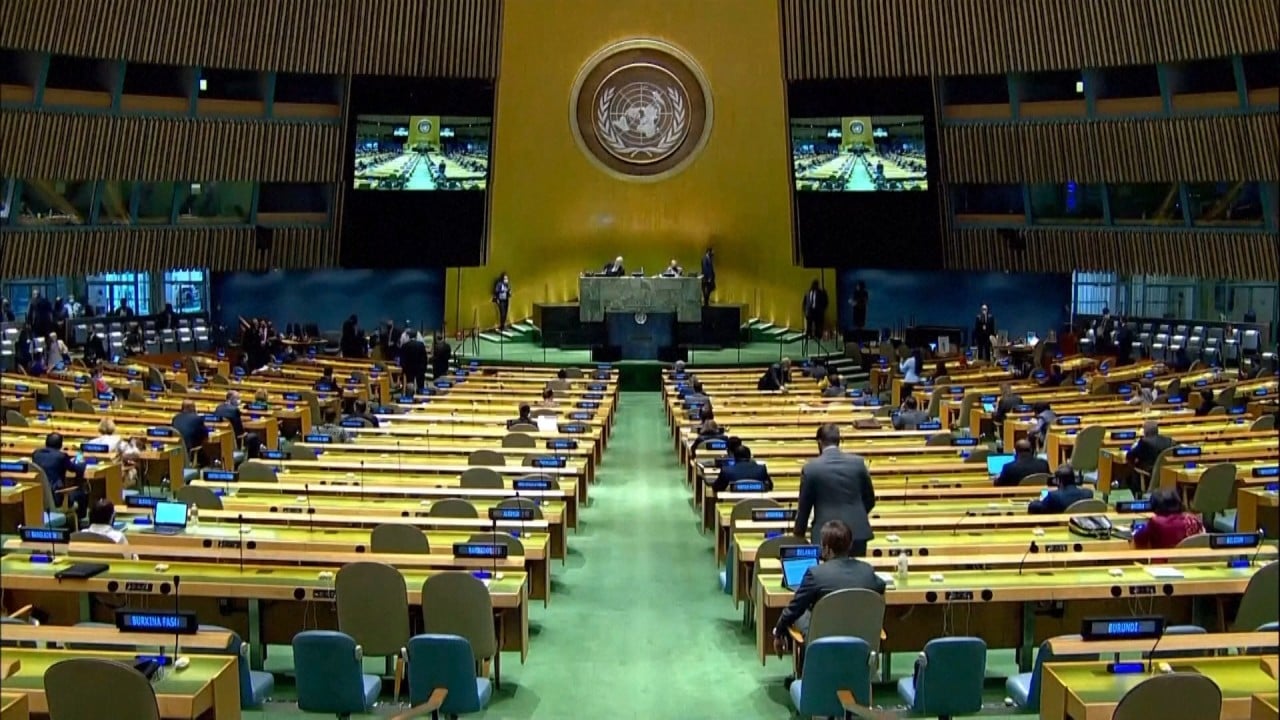Opinion | Why China’s dreams of global leadership are fading fast
- China projects a narrative of being a benevolent and empathetic global leader but, domestically, the narratives coalesce more around nationalist assertions of China as a growing international power
- Reconciling this ‘two-level game’ at the heart of its foreign policy is vital

The Pew data is corroborated by another recent study, by the European Council on Foreign Relations, which found that 48 per cent of EU citizens surveyed have a worse view of China since Covid-19. Studies by Gallup, YouGov, and the Institute for Global Change all paint a similar picture: global perceptions of China are increasingly negative.

03:02
Trump and Xi trade barbs over Covid-19 as world leaders voice fears at UN’s 75th General Assembly
However, for China to be capable of reshaping the international order, it needs to have partners that share its vision. International order is built through developing strong friendships with prominent powers that encompass not only strategic and normative alignments but also cultural understanding as well as strong historical foundations.
